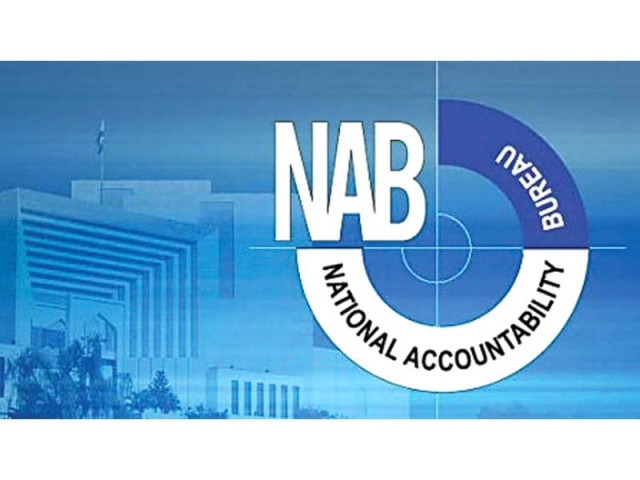NAB moves to stop OGRA member gas from taking office
Fears Muzaffar can influence corruption investigation.

According to sources, NAB swung into action following the release of Ogra Member Gas Mansoor Muzaffar from its detention and wrote a letter to Ogra – the oil and gas industry’s regulator – that he should be prevented from resuming work.
Explaining its immediate step, NAB expressed fears that Muzaffar could influence the affairs of Ogra and may create hurdles in the process of investigation. Earlier, the Lahore High Court (LHC) in its order declared that the detention of Muzaffar by NAB on allegations of misuse of authority, corruption and corrupt practices was an act which was without lawful authority and granted bail to the accused.
Before NAB’s move, Ogra also sent a letter to the accountability bureau, clarifying that the Ogra chairman had only the powers of transfer and posting of executive directors and junior officers whereas the cabinet had the authority to stop any member from working. Following this, NAB approached the Cabinet Division, asking it to bar the member gas from taking office, said Ogra officials.
“Now the Cabinet Division has written a letter to Ogra to stop the member gas from taking office,” an official said, adding Ogra high-ups were of the view that the cabinet could take such an action, but they could not.
Talking to The Express Tribune, NAB spokesman Zafar Iqbal said, “Yes, NAB has asked Ogra and the Cabinet Division to stop him (Muzaffar) from taking charge of the office of member gas as an investigation is under way.”
“We are still conducting the probe and require different documents from the department which he headed. We have asked Ogra to give him some other slot in the organisation in order to avoid hurdles in the inquiry process,” he said.
The prosecutor had also raised the same question during LHC proceedings that the member gas after release on bail could use his influence to tamper with evidence. However, the court rejected the apprehensions, saying this was out of question as relevant documents were already in possession of the investigating agency. In a statement submitted with the LHC Rawalpindi bench, Muzaffar argued that the Ministry of Petroleum and Natural Resources had strongly recommended to Ogra in August 2010 for an increase in the unaccounted-for-gas (UFG) benchmark from 5% to 7%.
Muzaffar said this in response to one of the charges against him that he played a part in increasing the set benchmark for gas theft and leakage, which eventually put a burden on the consumers.
These recommendations, he said, were based on the deliberations of a meeting held at the Prime Minister House in March 2010, followed by many follow-up meetings between the former petroleum minister, ex-Ogra chairman and managing directors of the two gas distribution companies. Ogra’s gas department also produced various reports in support of the 7% UFG benchmark.
Published in The Express Tribune, September 25th, 2012.



















COMMENTS
Comments are moderated and generally will be posted if they are on-topic and not abusive.
For more information, please see our Comments FAQ